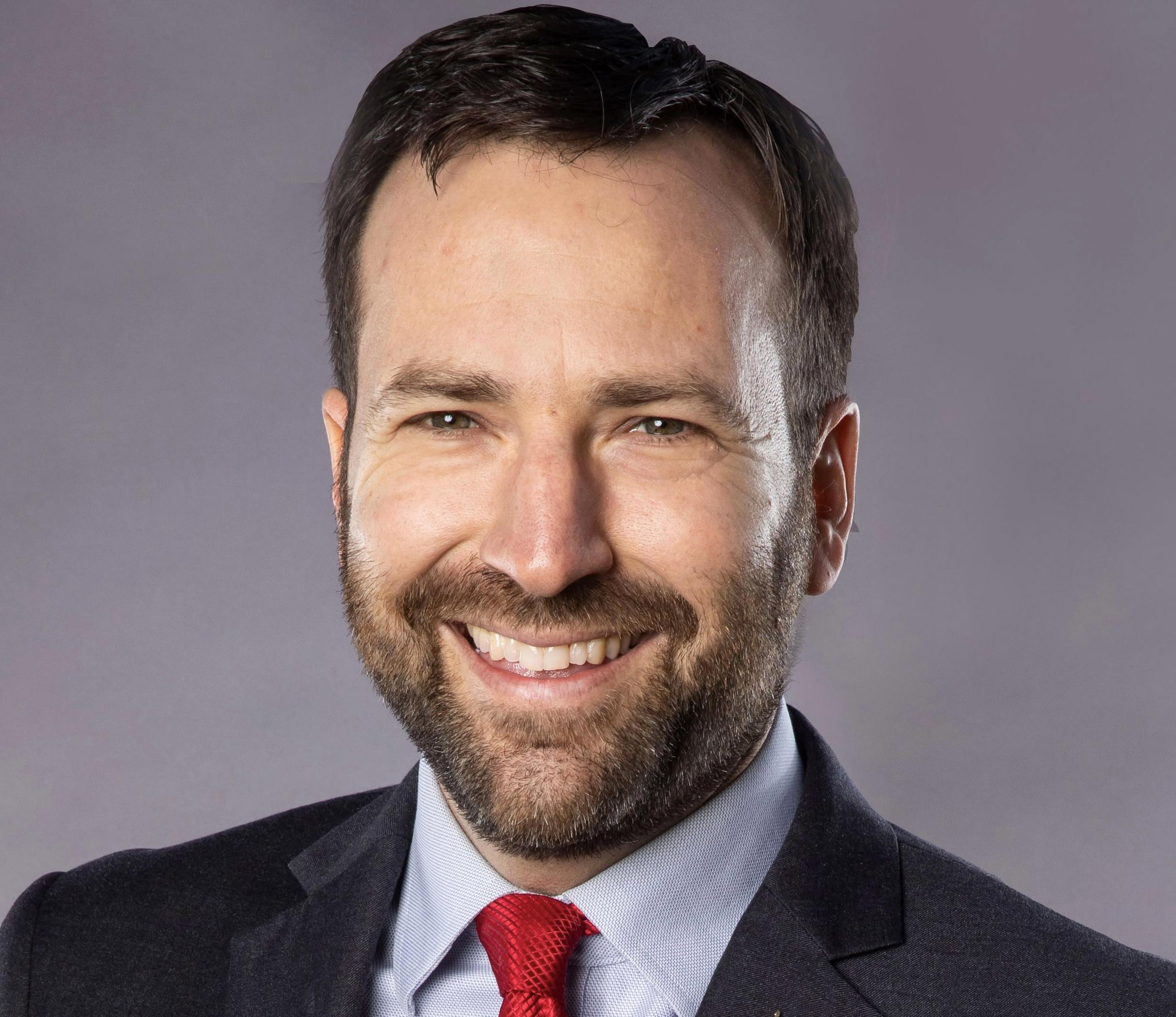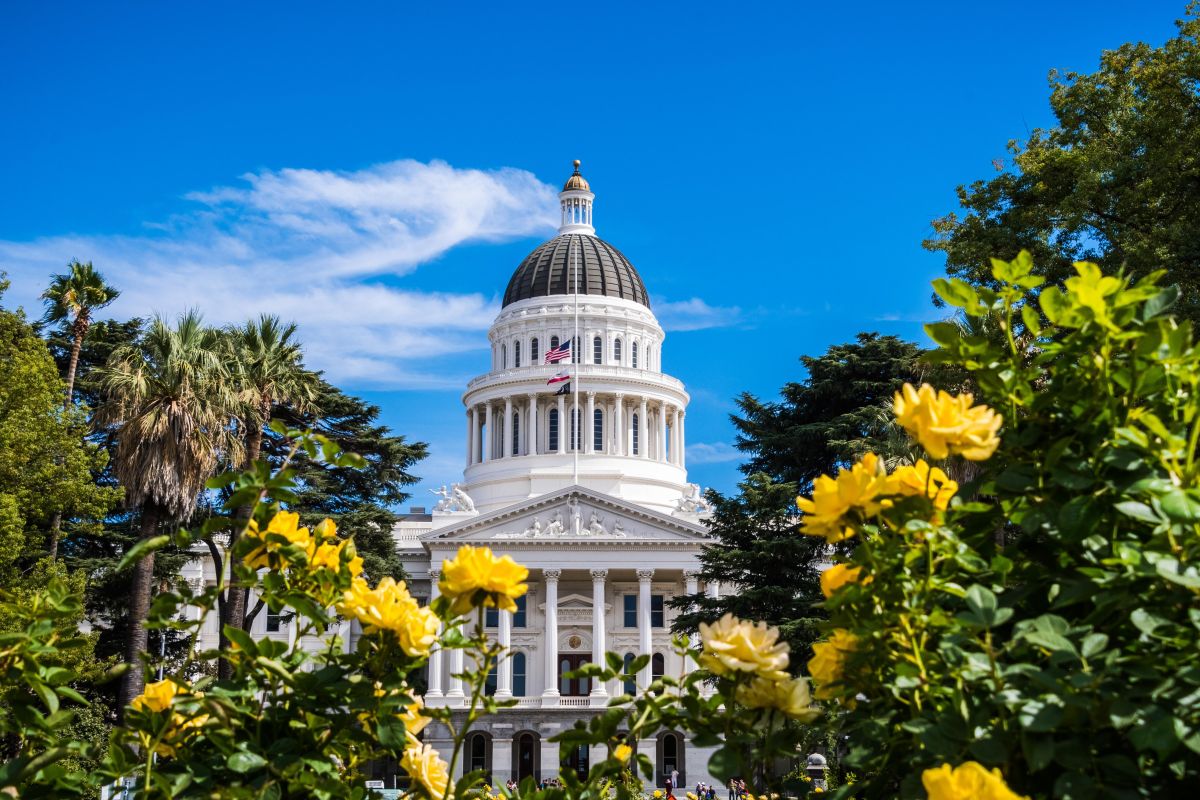California Gov. Gavin Newsom vetoed two key bills at the end of September, giving collision centers breathing room on new rules that separately would have amped up future shop work required on Advanced Driver-Assistance Systems (ADAS) and electric vehicles.
The state’s 2024 legislative session saw passage of SB 615 and SB 961. The first would have mandated the proper disposal of EV batteries, overseen by a state agency. The second would have required, in 2030 or later models, that most vehicles come equipped with ADAS tech alerting drivers when they exceed posted speed limits by 10 mph.
Both were approved handily in the legislature, both turned back by the chief executive.
Speed Limiter Alerts Likely to be Left to Feds
A recent J.D. Power survey found vehicle alerts to be the leading cause of complaints in new vehicles. In his SB 961 veto message, Newsom focused on the potential for “a patchwork of regulations” on state and federal vehicle safety standards. “[I]mposing state-level mandates at this time risks disrupting these ongoing federal assessments.”
This is also why the Specialty Equipment Market Association (SEMA) opposed the bill.
 Karen Bailey-Chapman.
Karen Bailey-Chapman.
“It’s a federal jurisdiction,” said Karen Bailey-Chapman, SEMA vice president of public and government affairs. “It’s their role to set vehicle safety standards.”
Bailey-Chapman said the trade group’s general approach on ADAS and other vehicle technology issues is that new regulations -- standards, rules, laws -- should ensure anything will complies, cooperates and works with current aftermarket products.
“Our components need to be able to talk to the systems, to calibrate correctly, so they continue to function,” she said.
Bailey-Chapman noted the aftermarket is where much new technology takes its debut bow, with manufacturers devising possible enhancements that sometimes eventually become new standards and mandates. “We are the innovators,” she said.
Battery Recycling to Return in 2025
In vetoing SB 615, Newsom expressed support for the concept but indicated he wanted battery recycling to skew more decidedly toward “a producer responsibility organization” (PRO), a recycling term for manufacturers. A framework known as EPR -- for “extended producer responsibility” -- means product makers accepting more obligations to design, pay for and run recycling programs.
This approach has been gaining steam in California. Legislative sources Autobody News talked with referenced a 2022 bill pertaining to the plastics industry as a recent model for this. Final regulations for SB 54, the Plastic Pollution Prevention and Packaging Producer Responsibility Act, are expected Jan. 1, aimed at reducing plastic waste, establishing minimum content standards on packaging, and requiring $5 billion in expenditures over 10 years, affecting up to 13,000 manufacturers. Food and drink makers and other packagers -- Coca-Cola, PepsiCo, Amazon, Walmart, General Mills, Nestle, P&G -- are the PRO.
SB 54 compares to the battery recycling push, said Jack Molodanof, a lobbyist who works with the California Autobody Association (CAA) on legislation and regulation. “Sounds like producer-responsibility -- the governor’s pushing for it,” he said.
 Benjamin Allen.
Benjamin Allen.
SB 615 co-sponsor State Sen. Benjamin Allen, through a spokesperson and via email, seemed amenable.
“While I am disappointed by the veto, we believe we are close to a workable solution to a serious problem,” he said. “I would like to reintroduce the bill and am looking forward to meeting with the Department [of Toxic Substances Control] and others soon to see what needs to be tweaked and to chart out the best path forward.”
Molodanof expects a bill and said CAA wants to work on one.
“We’ve worked with Sen. Allen in the past; his office is very open to listening to concerns,” Molodanof said.
“Right now they’re being returned to the manufacturer anyway,” he said of the batteries. “Recycling is going to happen.”
A new bill seems likely to include more EPR.
California Nearly Never Overrides a Governor’s Veto
One bill unlikely to be seen again is SB 961.
“The governor says ‘it’s a federal thing, so let’s move on’,” Molodanof said.
Also unlikely: an override of either veto.
The Senate has 60 days to try, through the end of November, but the legislature isn’t in session. There are enough votes, but overrides are deemed highly unlikely; none have occurred in the state since 1979.












Paul Hughes